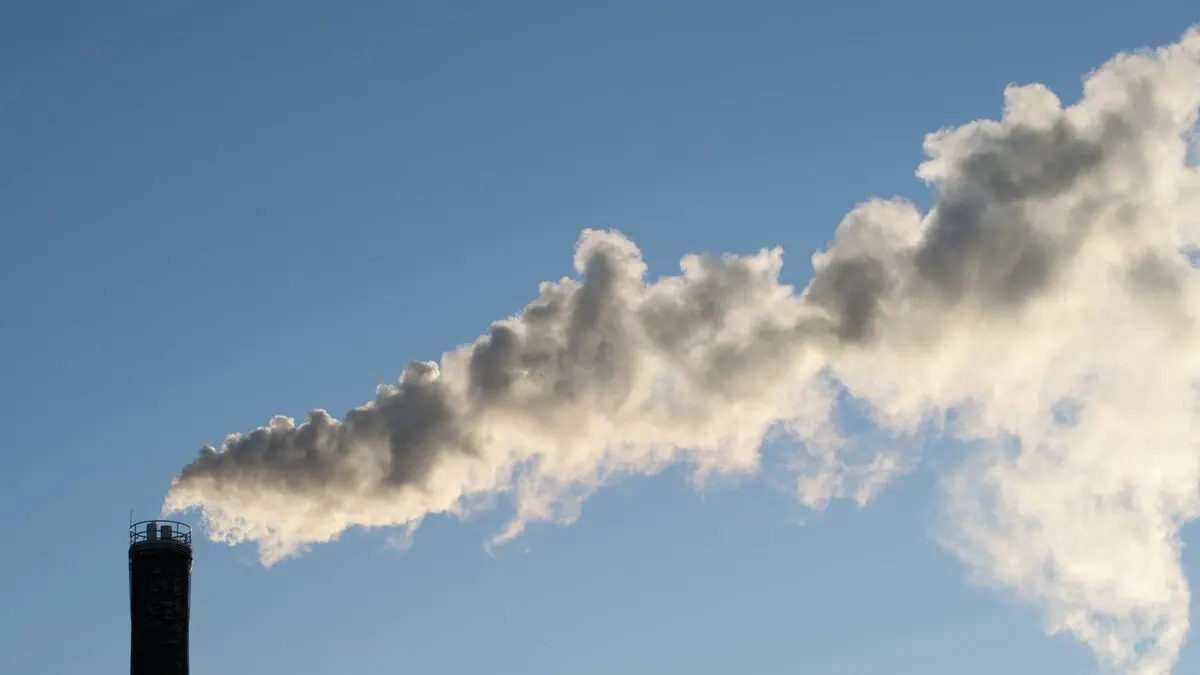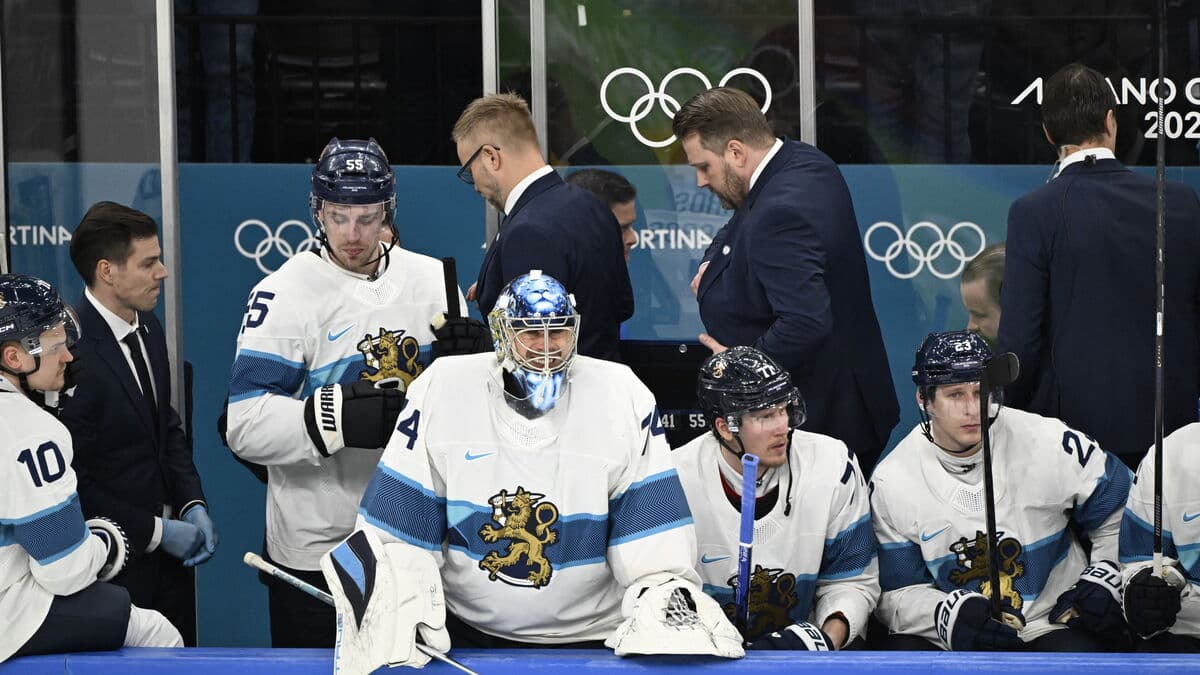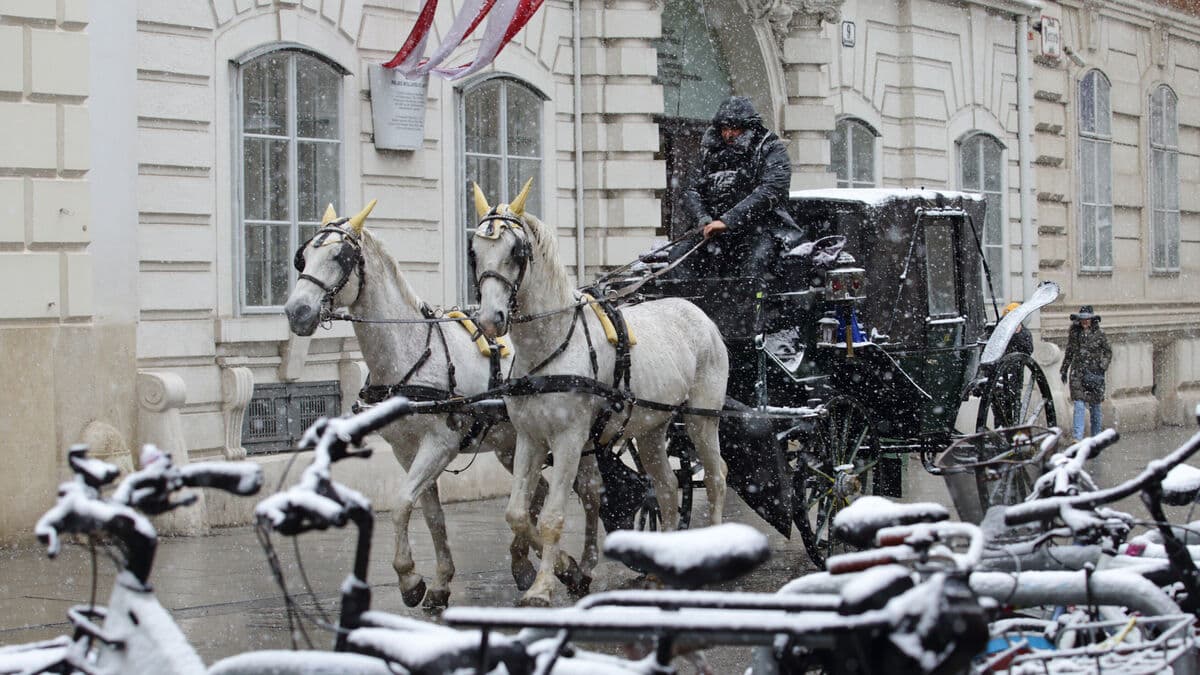Just days before the UN climate summit in Brazil begins, EU countries managed to agree on a new climate target after long negotiations. Emissions are to be reduced by 90 percent by 2040 compared to 1990, which is what the European Commission had proposed.
But the agreement also contains details that make it easier for the countries to achieve the goal.
They had to fight hard for a compromise that has watered down the Commission's proposal, notes Naghmeh Nasiritousi, who is a researcher at Linköping University and the Swedish Institute for International Affairs.
For example, countries are allowed to count climate investments they make in countries outside the EU, instead of at home. 5 percentage points of the 90 percent should be such investments, and up to 10 percentage points in the long term.
"They are letting others reduce emissions on behalf of Europe," says Nasiritousi.
Uneasy global situation
Another part of the agreement is that the introduction of what is called ETS2 in EU language is postponed by one year to 2028. This involves emissions from transport and buildings being included in the EU's emissions trading system.
It is also a dilution and a bit unclear how the EU now intends to reach its 2030 goal, says Naghmeh Nasiritousi.
Many fear that it will become more expensive to heat houses and buy gasoline when emissions trading is expanded, and it is mainly EU countries in eastern and southern Europe that have fought against the new climate goals.
"It's a turbulent global situation that affects how countries view climate change. Some countries are stuck in fossil fuel dependence and have difficulty making the transition," says Nasiritousi.
Missed deadline
Negotiators at COP30 in Brazil have been waiting for the EU to submit its climate plan (NDC) for a long time. The EU first missed a deadline in February and then another in September, but now EU climate ministers have agreed on that too.
"Many countries have been waiting for the EU NDC to see what the bar is set for them to then develop their own plans. So this delay has damaged the process leading up to COP30," says Nasiritousi.






